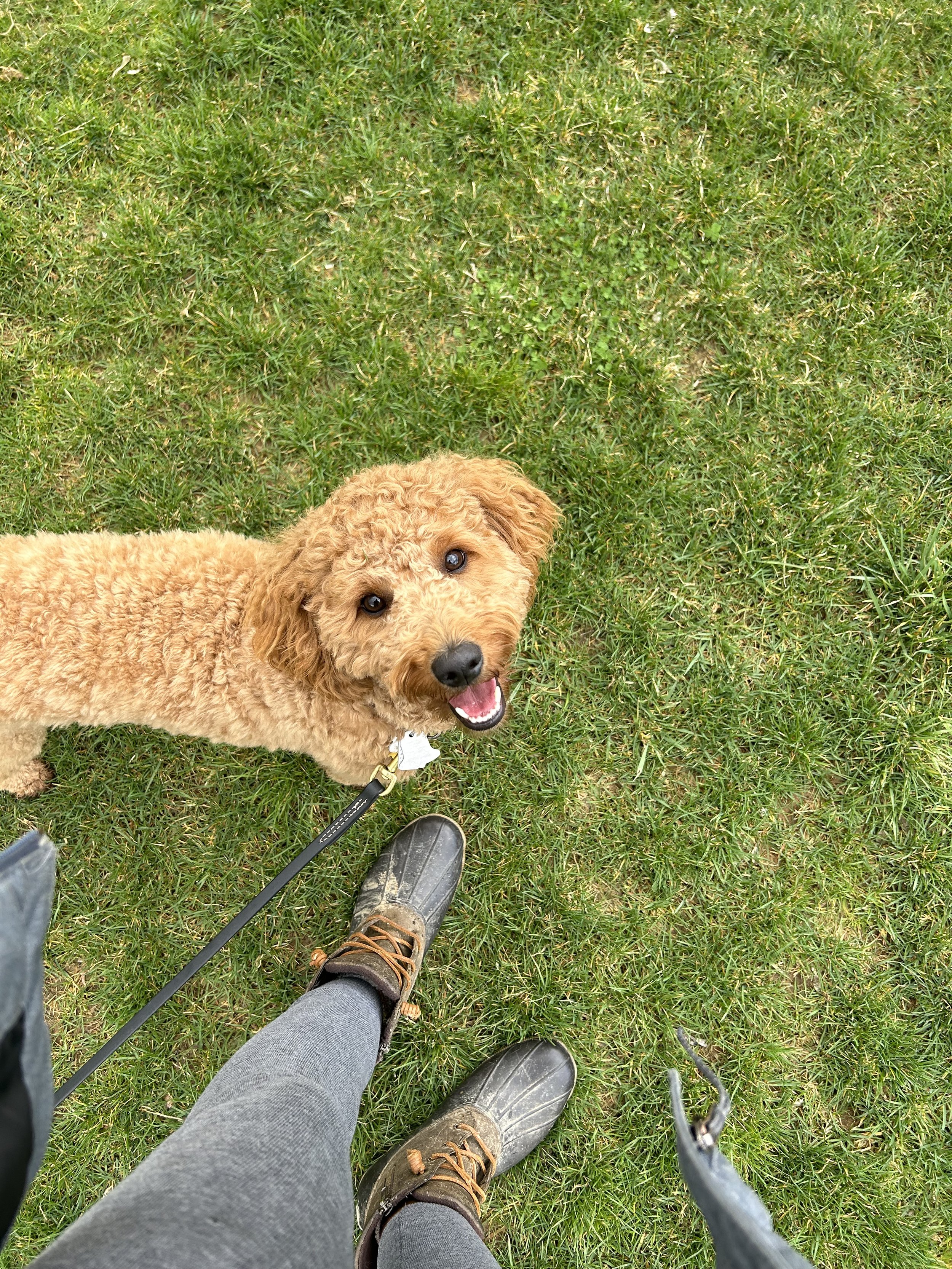
Rehabilitation & Management
Fear
Fearfulness is one of the most dismissed and looked over behavioral issues in the dog world. A fearful dog could be a genetic issue where it couldn’t be prevented. Genetics & Environment play such a huge part in a dog’s development. They’re many cases where the dog is experiencing grief, stress, and or loneliness & will begin this self proclaimed behavior as a coping mechanism . Most common cases are dogs that are unknowingly conditioned by its owners. This can be done unconscious by us providing comfort verbally or physically inappropriately when the dog becomes nervous or scared.
Anxiety
Anxiety can show its face in many different scenarios such as separation anxiety, car rides, vet visits and even anticipation towards the doorbell. This can leave the dog in a constant state of worry creating a reoccurring anxious response. If comfort is reinforced by the owners inappropriately, this unhealthy mental state can be lifelong. Dogs will teach themselves specific behaviors in order to counter the present stimuli/stress. Examples are excessive whining, panting, drooling and or continued pacing behaviors. Some dogs will result to more aggressive behaviors such as defensive growling, barking & lunging if overstimulated.
Reactivity
Reactivity is motivated by Fear, insecurity or genetic defensiveness. This can be seen when encountering stimuli such as people, dogs, animals ,cars, or anything the dog deems threatening. Most common cases are dog on dog reactivity and human reactive dogs. Reactive dogs are NOT bad dogs and nor are their owners. Most cases are fear based and will be seen at an early age. With consistency this can managed in all cases and in some completely rehabilitated.
What you need to know.
Our rehab programs have no specific end date. Dogs seeking only behavioral modification will be determined on a case by case basis. When you finish will be determined by your commitment to your dogs training and your dogs retention level, but I will always be there for you. Severe behavioral problems such as anxiety, fear and reactivity can only be ethically corrected by examining the dog, owners and their environment. Our methods include classical and operant conditioning, while discouraging unwanted behaviors. Then we’re able to introduce new & preferred behaviors.